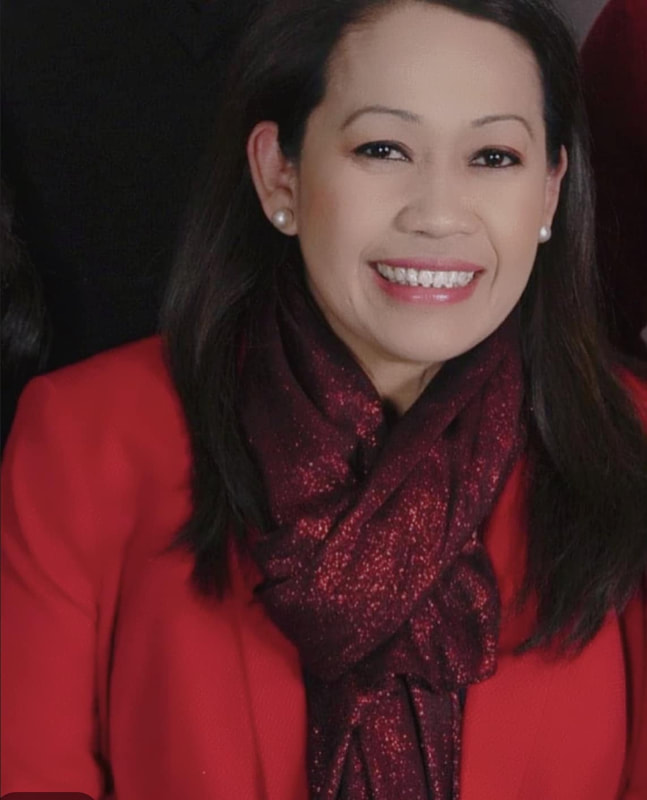Let's start with the PROS to why hire a Virtual Scribe? Peace of Mind: Hiring a virtual medical scribes may alleviate some pressure on the healthcare professional and the patient. A doctor or other healthcare provider may put their full attention on patient care. A hired virtual medical scribes a professional that attends patient appointments with a doctor virtually, takes detailed notes, and creates detailed records of the visit. To save up doctors' time for direct patient care, they have a "virtual medical scribe" take care of their electronic medical records and clinical charting remotely. While this is going on, the Virtual medical scribe who was hired may take down all the pertinent data. Patients will feel more at ease knowing their doctor can devote full attention to them. Increased Perception of Privacy: A hired virtual medical scribe enables the doctor and patient to have privacy throughout the exam since the scribe is listening remotely. More privacy is provided, which is particularly welcome for patients uneasy about having a third set of eyes and ears in the room. If the patient feels comfortable, they will be more forthcoming about their symptoms, aiding in diagnosis and leading to better results. Fewer People to on-board: Having fewer personnel to implement is another crucial advantage of using a hired virtual medical scribe service. To make sure the rollout of your EHR goes off without a hitch, you'll need to train almost all of your employees on how to use it. To save time and effort, you may instead employ and educate a Virtual Medical Scribe who can translate complex medical jargon into language that everyone on the team can understand. Issues with Scheduling: The schedules of the practitioner and the scribe in a 1:1 or 2:1 relationship must be coordinated. The surgeon will be on their own as long as the scribe is away from the office for vacation or sickness. This issue is resolved when a Virtual Medical Scribe is used. Face-to-Face Interaction: One of the most significant factors to weigh while weighing the benefits and drawbacks of virtual medical scribes is the amount of face-to-face time they will spend with your patients. Patients still prefer face-to-face connections with medical professionals despite the increased use of telemedicine. Computer software cannot read a patient's mood like a hired virtual medical scribe. EMR experts: Many e-health record systems are now second nature to the Virtual Medical Scribe (EMRs). This motivates the Virtual Medical Scribe to coach doctors on EMR usage and template implementation. As a bonus, a Virtual Medical Scribe who is already acquainted with the practice's EMR may help train new personnel. The hired virtual medical scribe will help ease the learning curve for the new doctor in this manner. Reduced Functional Creep: One of the most significant issues with onsite hired virtual medical scribe is the phenomenon known as "functional creep," which occurs when an employee's duties go beyond what was initially expected of them. Faithful and independent scribes may be given more challenging EHR responsibilities to accomplish while doctors concentrate on patient care. Without proper precautions, a doctor may be held legally responsible for malpractice if functional creep occurs in their practice. Fortunately, the distance between the hired virtual medical scribe and the doctor considerably reduces the functional creep danger. Several virtual scribing agencies purposefully restrict staff access to the information they need to complete medical documentation, eliminating room for functional creep. The Flexibility of Service: As they can work from anywhere, virtual scribes are an excellent option for medical facilities that are located in distant or rural areas where onsite scribes may be scarce. The scheduling challenges often associated with onsite medical scribes are mitigated by the availability of several online medical scribe services, which provide coverage on short notice for employees who are off sick or on vacation. When onsite scribes are in short supply, medical facilities in distant or rural areas might benefit significantly from the services of virtual scribes, who can work from anywhere in the world. Scheduling issues that come with employing onsite medical scribes are mitigated by many online medical scribe firms providing an on-demand covering for absences due to sickness or vacation. Reduced Intrusiveness: Since hired virtual medical scribe no longer need to physically be present in the exam room, patients report feeling more at ease throughout their appointments. According to some research, patient anxiety and reluctance to provide private information have been linked to the presence of in-person scribes. This feeling of intrusion is much mitigated when using an online scribe. Cons of hiring Virtual Medical Scribes Lack of Streamlined Workflow: It is common knowledge that we'll discover methods to automate various jobs as our technological capabilities increase. This is why many hospitals are switching to EHRs instead of continuing to use a hired virtual medical scribe. One of the major drawbacks of hiring Virtual medical scribes, in the eyes of many, is that a computer program can replace them. Each individual who has contact with a patient may share what they learn instead of relying on a central repository. This approach may compile and make data available to doctors and patients. Medical errors: The fact that hiring Virtual medical scribes is human is one of the major "cons" when weighing the benefits of using virtual medical scribes. Humans are fallible, and you want as few errors as possible to occur in the medical industry. When adding a medical scribe to the mix, there is an increased risk of information being lost in translation. Weary Patients: Finally, when weighing the benefits and drawbacks of using hired virtual medical scribe, it is important to remember that some patients may be hesitant to open up to a healthcare provider they haven't met in person. They may experience frequent anxiety when there is more than one person present. Lack of Standardized Training: While demand for scribes continues to rise, standardized training has not kept pace. Some private employment organizations require onsite and remote scribes to complete in-house training programs, but the federal government provides no oversight or guidance for these initiatives. The scribes themselves have a vast range of expertise. According to a recent survey, 22% of scribes have formal training or certification, while 44% have no such background. Band-Aiding the Larger Problem: Even though scribes often help doctors, they are essentially only a stopgap solution to the much broader documentation issue. Although scribes may help speed up the note-taking process, doctors are still responsible for entering the scribe's work into the electronic health record (EHR). It is time to reassess our strategy for assisting doctors with note-taking and recordkeeping. From the minute a patient comes through the door until the final entry in the electronic health record is entered, the insurance claim is submitted, or the medication is dispensed, our solutions must meet concerns about cost and data security. This resulted in the study's main conclusion: that different scribes recorded varied data regarding duplicate patient contacts. Possibility of stifling EHR advances: While working with scribes may benefit doctors and hospitals in the short term, in the long run, it may have the unintended consequence of slowing down advancements in electronic health record technology and perhaps putting patients in danger. Lack of oversight: It is human nature to be a little reserved when one cannot physically see the new team member. However, Virtual medical scribes are experienced professionals who thrive in quiet, self-contained workspaces where they can set their own pace. This independence and control over their working day keep them far more motivated and productive than they would be if they were forced to stick to the rules in a typical office. So this may not be the downside as thought. Lack of availability is another standard reservation: To combat this issue, it is essential to not only explain tasks clearly, give clear briefs, and lay out what the expectations about their capacity to support the will be from the very start, but also to let them know the actual hours in the day one requires them to be contactable.
0 Comments
Your comment will be posted after it is approved.
Leave a Reply. |

ABOUT THE AUTHOR:
Ms. Pinky Maniri-Pescasio is the Founder of GoHealthcare Consulting. She is a National Speaker on Practice Reimbursement and a Physician Advocate. She has served the Medical Practice Industry for more than 25 years as a Professional Medical Practice Consultant. search hereArchives
July 2024
Categories
All
BROWSE HERE
All
|
- About
- Leadership
- Contact Us
- Testimonials
- READ OUR BLOG
-
Let's Meet in Person
- 2023 ORTHOPEDIC VALUE BASED CARE CONFERENCE
- 2023 AAOS Annual Meeting of the American Academy of Orthopaedic Surgeons
- 2023 ASIPP 25th Annual Meeting of the American Society of Interventional Pain Management
- 2023 Becker's 20th Annual Spine, Orthopedic & Pain Management-Driven ASC Conference
- 2023 FSIPP Annual Conference by FSIPP FSPMR Florida Society Of Interventional Pain Physicians
- 2023 New York and New Jersey Pain Medicine Symposium
- Frequently Asked Questions and Answers - GoHealthcare Practice Solutions
- Readers Questions
Photos from shixart1985 (CC BY 2.0), www.ilmicrofono.it, shixart1985







 RSS Feed
RSS Feed